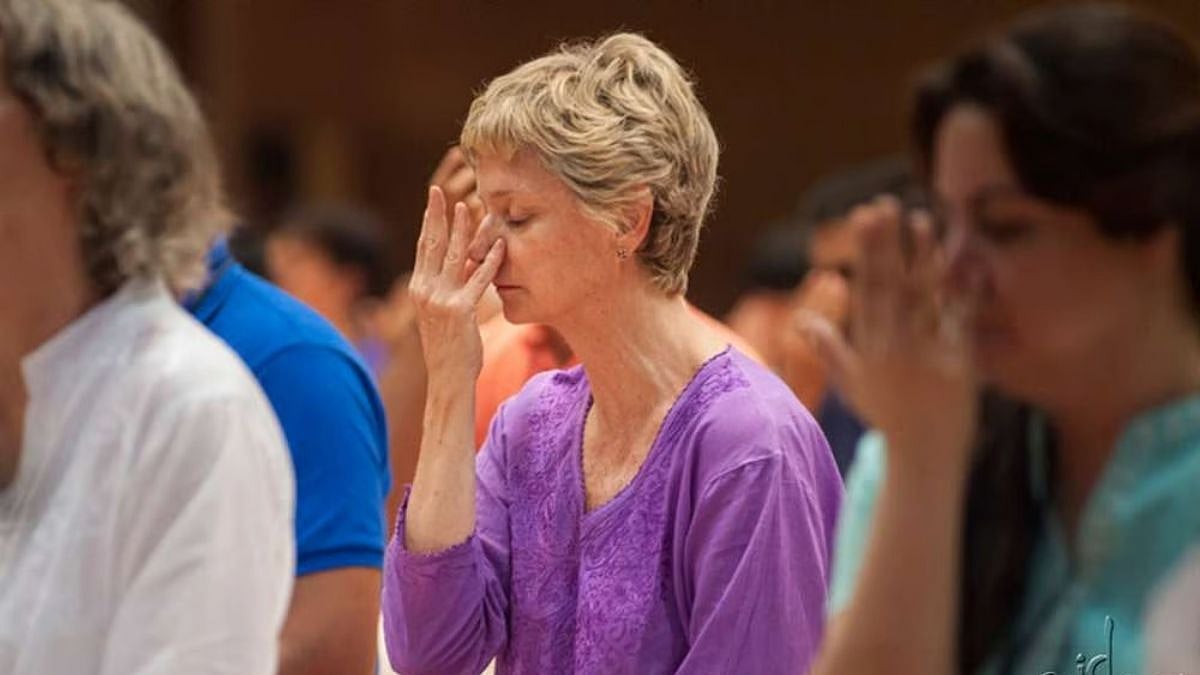As we age, our cognitive abilities can decline, making it more difficult to remember things, process information, and make decisions. However, there are many steps that seniors can take to maintain their cognitive health and continue to live fulfilling and productive lives. By adopting a proactive lifestyle that includes regular physical activity, a balanced diet, mental stimulation, and social engagement, seniors can help prevent cognitive decline and even improve their cognitive function.
Here are some key strategies for maintaining cognitive health as we age.
Visit the doctor regularly
Going to the doctor for regular health screenings is essential for healthy aging. A 2021 study found that getting regular check-ups helps doctors catch chronic diseases early and can help patients reduce risk factors for disease, such as high blood pressure and cholesterol levels. People who went to the doctor regularly also reported improved quality of life and feelings of wellness.
In recent years, scientists have developed and improved upon laboratory, imaging, and similar biological tests that help uncover and monitor signs of age-related disease. Harmful changes in the cells and molecules of your body may occur years before you start to experience any symptoms of disease. Tests that detect these changes can help medical professionals diagnose and treat disease early, improving health outcomes.
Taking care of your mental health
Mental health, or mental wellness, is essential to your overall health and quality of life. It affects how we think, feel, act, make choices, and relate to others. Managing social isolation, loneliness, stress, depression, and mood through medical and self-care is key to healthy aging.
Combating Social isolation and loneliness
As people age, changes such as hearing and vision loss, memory loss, disability, trouble getting around, and the loss of family and friends can make it difficult to maintain social connections. This makes older adults more likely to be socially isolated or to feel lonely. Although they sound similar, social isolation and loneliness are different. Loneliness is the distressing feeling of being alone or separated, while social isolation is the lack of social contacts and having few people to interact with regularly.
Stress affects brain
Stress is a natural part of life and comes in many forms. Sometimes stress arises from difficult events or circumstances. Positive changes, like the birth of a grandchild or a promotion, can cause stress too. Research shows that constant stress can change the brain, affect memory, and increase the risk of developing Alzheimer’s or related dementias.
Dealing with depression
Although depression is common in older adults, it can be difficult to recognize. For some older adults with depression, sadness is not their main symptom. Instead, they might feel numb or uninterested in activities and may not be as willing to talk about their feelings. Depression not only affects mental health, but also physical health.
Taking care of your cognitive health
Cognition — the ability to clearly think, learn, and remember — often changes as we age. Although some people develop Alzheimer’s or other types of dementia, many older adults experience more modest changes in memory and thinking. Research shows that healthy eating, staying active, and learning new skills may help keep older adults cognitively healthy.
How different factors affect cognitive health
five healthy lifestyle factors, all of which have important health benefits:
● At least 150 minutes per week of moderate- to vigorous-intensity physical activity
● Not smoking
● Not drinking heavily
● A high-quality, Mediterranean-style diet
● Engagement in mentally stimulating activities, such as reading, writing letters, and playing games.
Getting a good night’s sleep
Getting enough sleep helps you stay healthy and alert. Even though older adults need the same seven to nine hours of sleep as all adults, they often don’t get enough. Feeling sick or being in pain can make it harder to sleep, and some medicines can keep you awake. Not getting enough quality sleep can make a person irritable, depressed, forgetful, and more likely to have falls or other accidents. Sleep quality matters for memory and mood. Inadequate sleep is also associated with the buildup of beta-amyloid, a protein involved in Alzheimer’s disease. Poor sleep may also worsen depression symptoms in older adults.
In conclusion, maintaining cognitive health is crucial for seniors who want to continue living full and rewarding lives as they age. By adopting a proactive lifestyle that includes regular physical activity, mental stimulation, and social engagement, seniors can help prevent cognitive decline and even improve their cognitive function. Additionally, staying mentally and socially engaged can help seniors maintain their independence and overall quality of life. Aging with wisdom means taking control of your cognitive health and adopting a proactive approach to healthy aging. With the right mindset and habits, seniors can continue to learn, grow, and thrive well into their golden years.
Author- Dr. Shabnam Mir, Consultant Physician and Head Clinical Operation at Antara,











